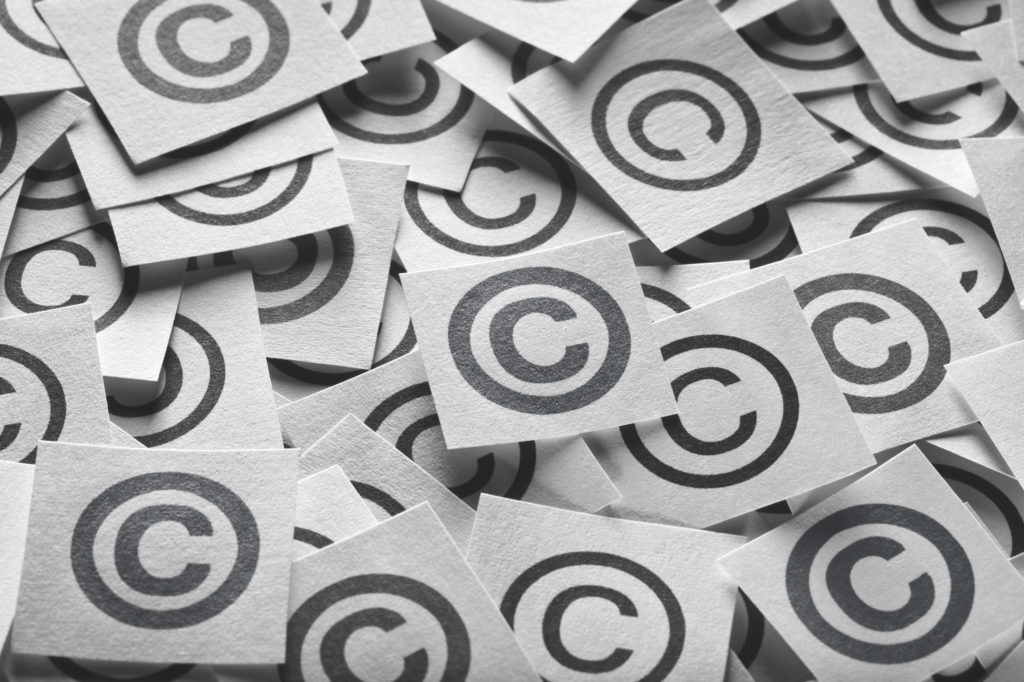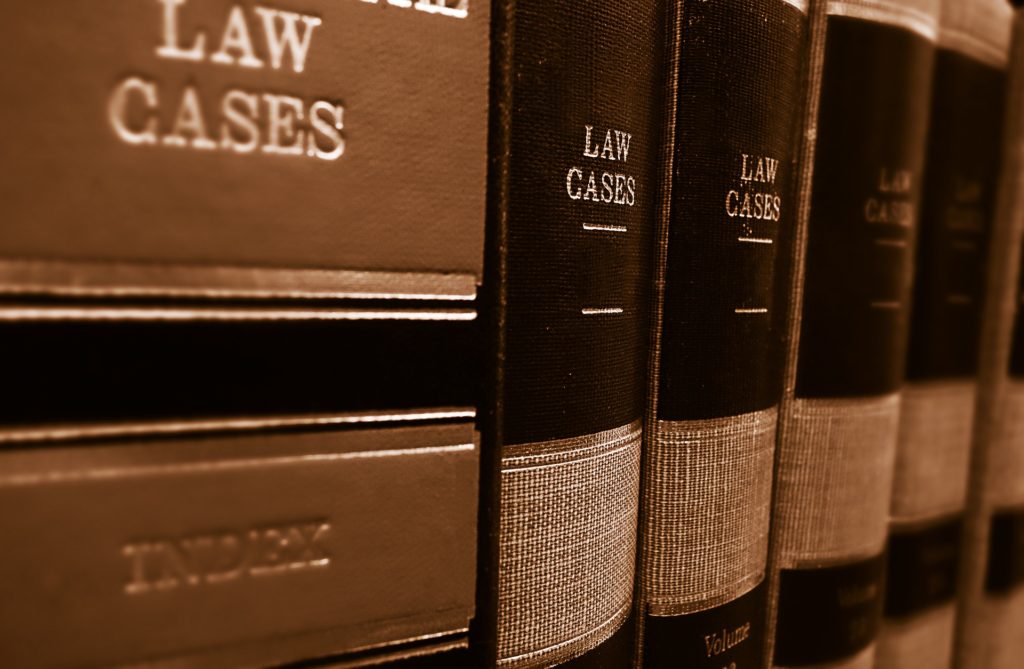
Canadians have made it through the first four weeks of social distancing and are now settling into new routines as much as possible. For many, that means turning to online resources for our business, social, entertainment, educational, and fitness needs.
In response to the COVID-19 pandemic, there is a proliferation of innovative online offerings that are enabling our businesses to continue operating, offering a sense of community, continuing education, or even just providing ways for busy parents to entertain their kids for a couple of hours. In a time of extreme isolation, the internet is bringing Canadians together and helping us to stay connected.
One thing that has not changed, however, is copyright law. Although the states of emergency declared across Canada and around the world are disrupting many things, the Copyright Act remains in force.
Developing new online services that attempt to replicate in-person interactions and transactions may trigger some unexpected copyright obligations.
Continue reading



